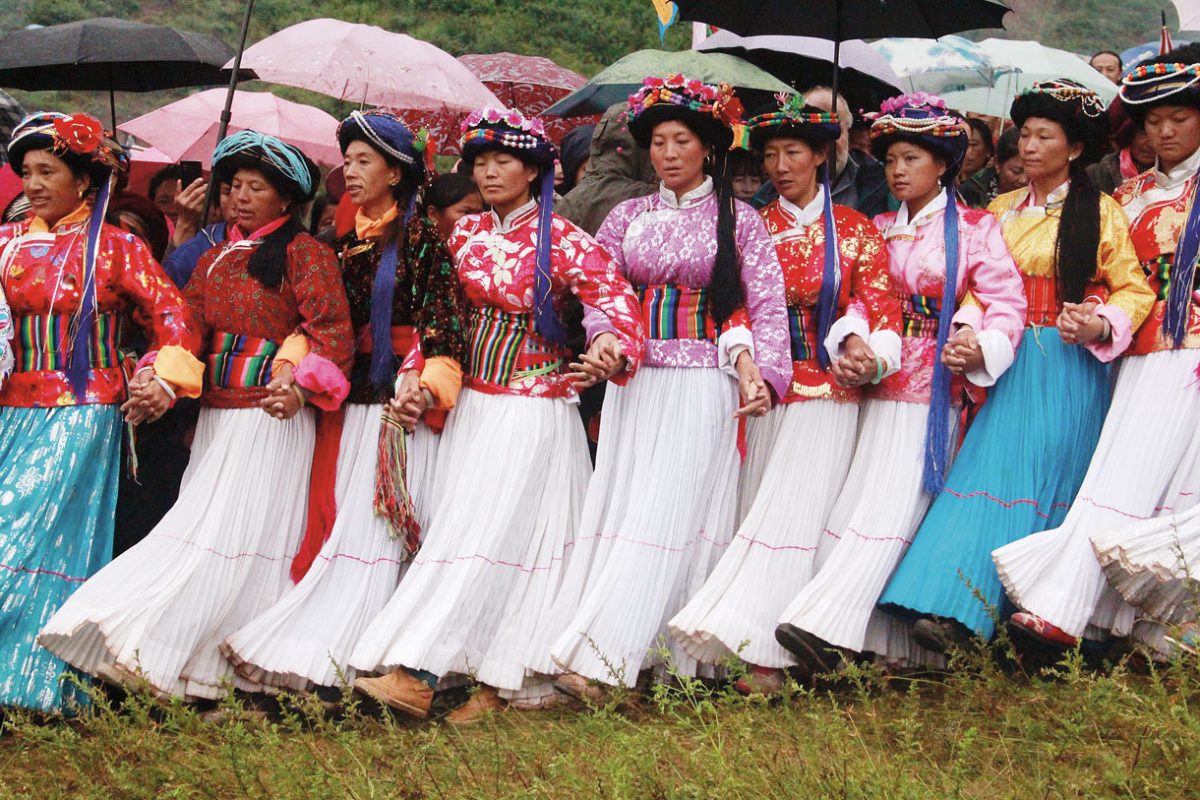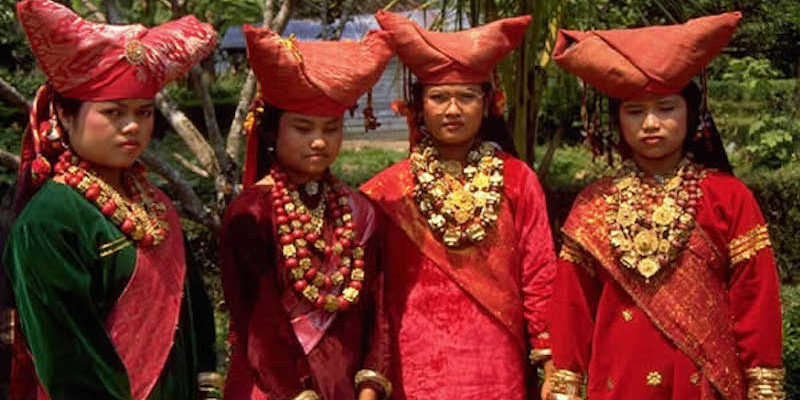Almost all of the world’s numerous societies are patrilineal, with men playing a dominant role in all aspects of the society’s units. Surprisingly however, there are quite a few number of existing matrilineal societies in some parts of the world that most people do not know of. The following list identifies 7 of such existing matrilineal societies in no particular order of importance.
The Amis of Taiwan
Matrilineal heredity is a core practice of the Amis, in which family property is normally bequeathed to the eldest daughter of every household. The Amis community is matrilineal, and every household is headed by a Matriarch. Also, the older males of the community are highly respected alongside the womenfolk. Traditionally, women own property, while the men participate in military routines as mandated by the tribe’s native law.
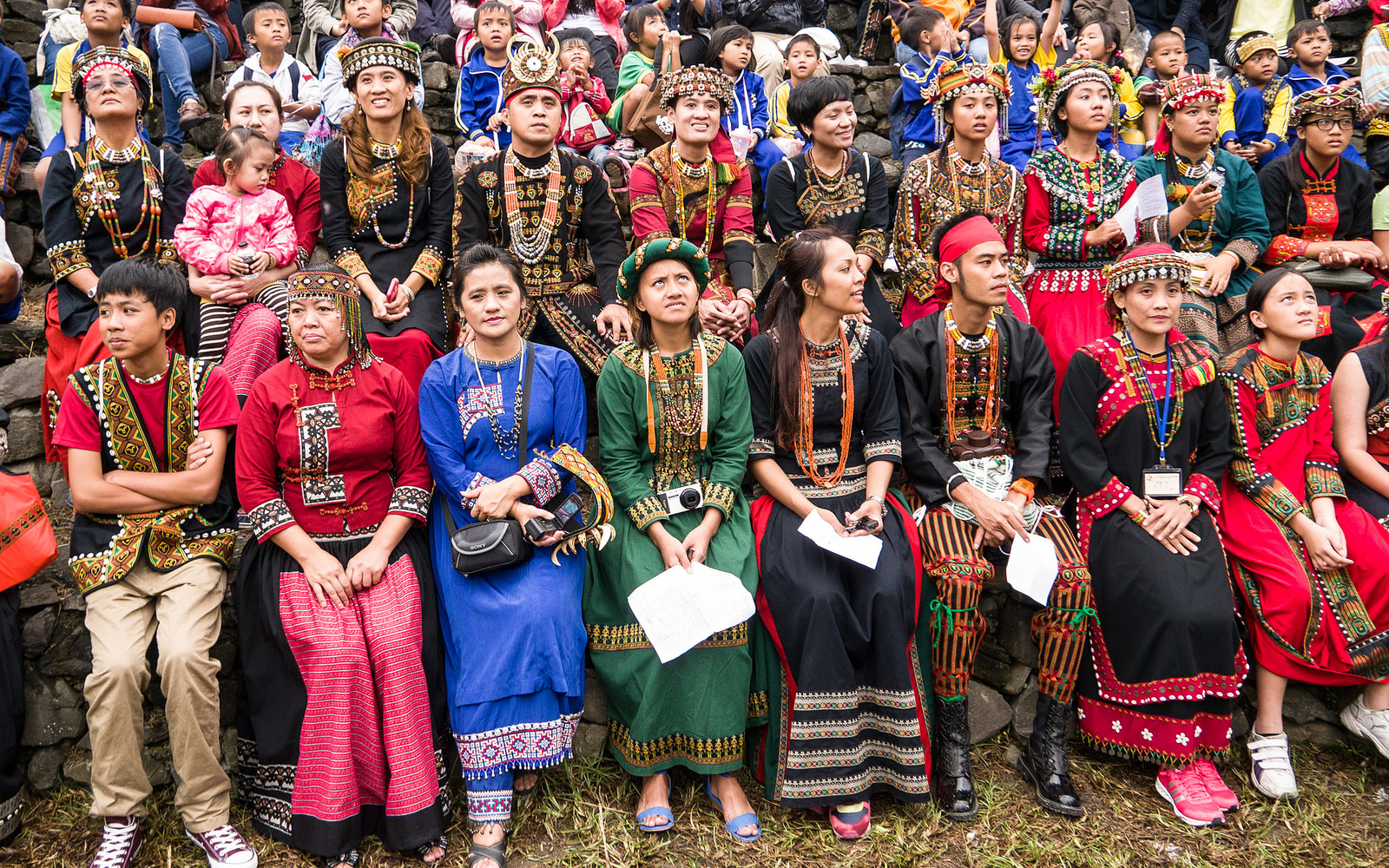
The Khasi of India
The Khasi tribe is one of the few matrilineal socities that still exist in India. And it’s located in the Meghalaye province of the country. The tribe consists of clans which are determined by the mother’s family lineage. And children are generally regarded as offspring’s of the mother’s family lineage or clan, rather than the offsprings of the father’s family lineage. Customarily, the female children inherit real property such as land in the community.
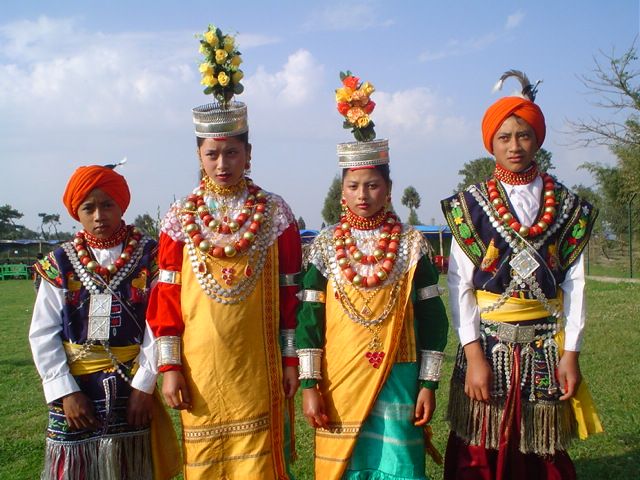
The Owambos of Namibia
The Owambo tribe is the largest ethnic group in Namibia. Also, its people are spread across eight of the country’s regions. Traditionally, the Owambos practice a matrilineal system of succession and inheritance. And, although in recent times, western influence has caused a shift towards patrilineal inheritance by the people. This custom of matrilineal inheritance is still effective in the tribe’s rural communities.
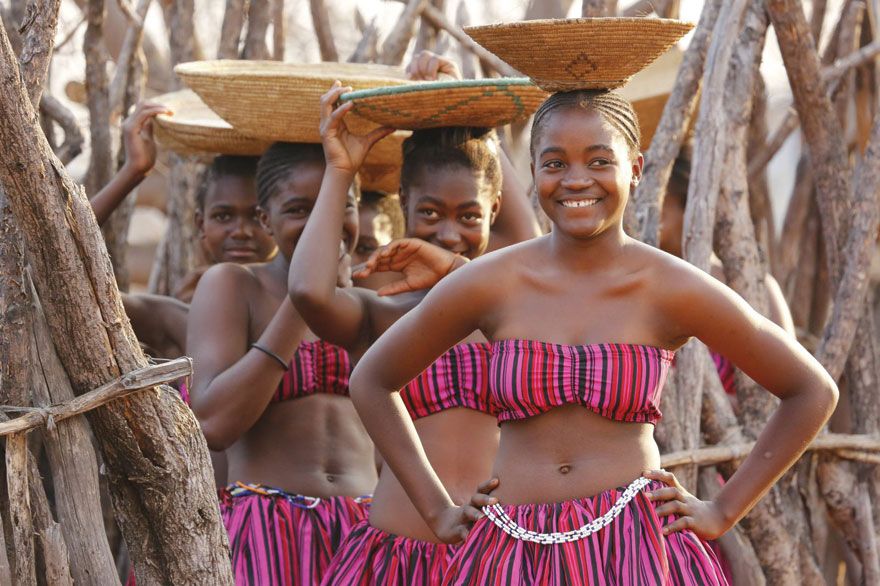
The Minangkabau of Indonesia
This is unarguably the largest matrilineal society in the world and is located in western Sumatra of Indonesia. Here, properties are owned by the female folks; while customary law require kinship or family property to be transferred from mother to daughter. The people of Minangkabau regard mothers as the most important figures in the society.
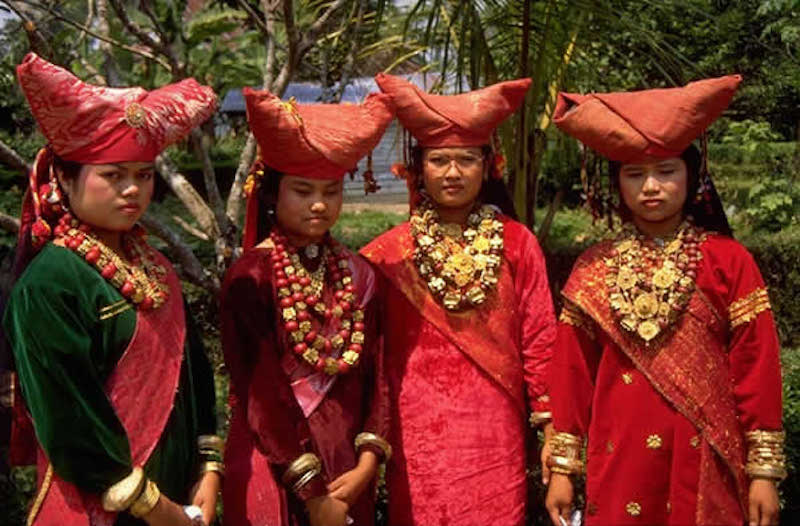
The Akans of Ghana
The Akan tribes of Ghana consist of the Asantes, the Fantis, the Akims, etc.. They are the majority ethnic group in Ghana and presently the most popular matrilineal society in Africa. With an inheritance system in which a man’s direct heirs are his sister’s children, and not his children. However at the moment, this matrilineal system of inheritance among the Akan tribes only applies to customary marriages.
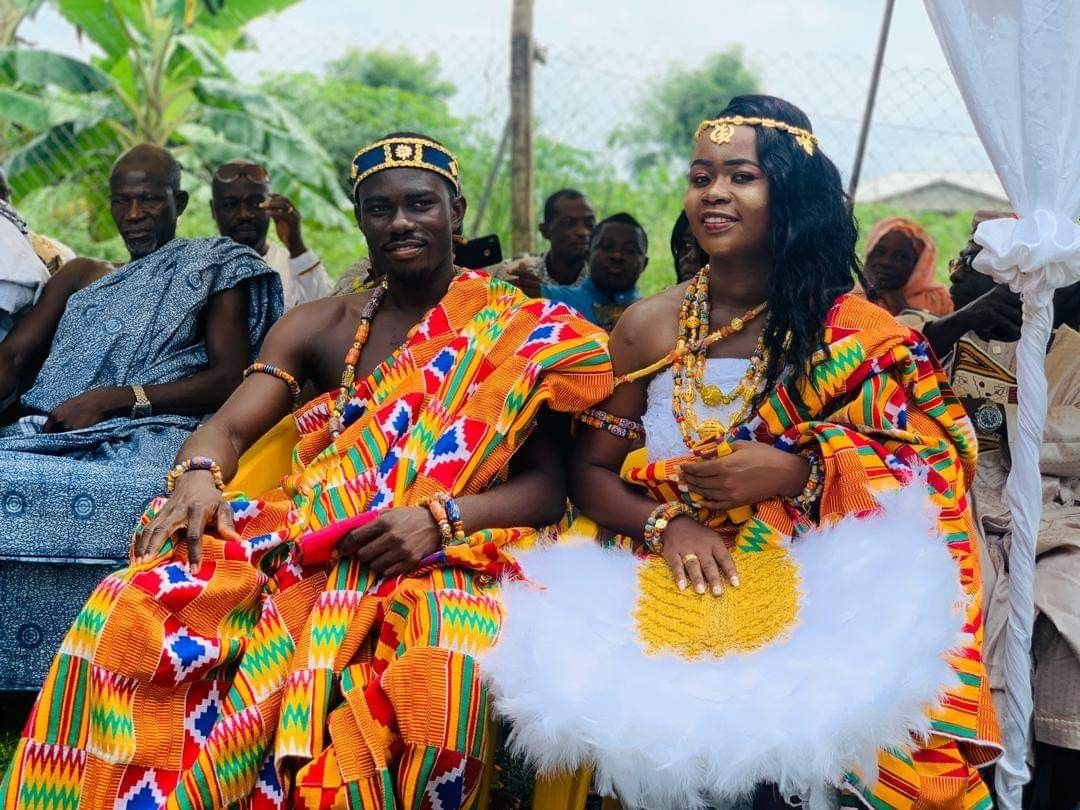
The Lao of Thailand
This is an ethnic group located in northeastern Thailand. Here after marriage, the man is required by law to move into his wife’s family home as its new member. Also, the youngest daughter of a family has the exclusive right to inherit the family’s real property. Thus, this is one of the few remaining societies in the world in which matrilocal kinship and matrilineal inheritance still exist.
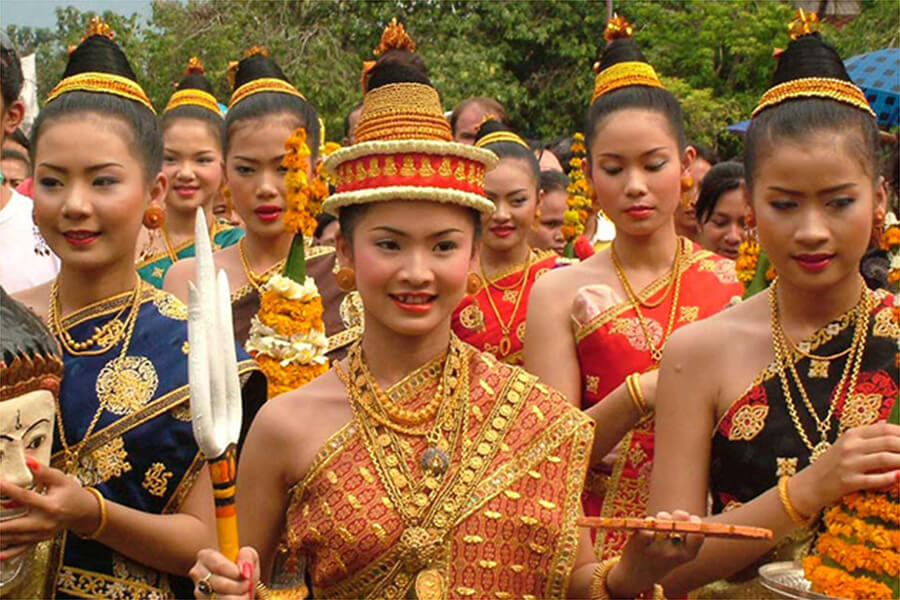
The Mosuo of China
The Mosuo tribe is one of the world’s oldest matrilineal societies. This tribe is located in southwestern China. The people of Mosuo regard a mother’s love as the core of humanity. Hence it is made the basis of the Mosuos’ matrilineal system. Traditionally, children belong to the mother, thus inheritance and kinship is through the mother’s family lineage.
